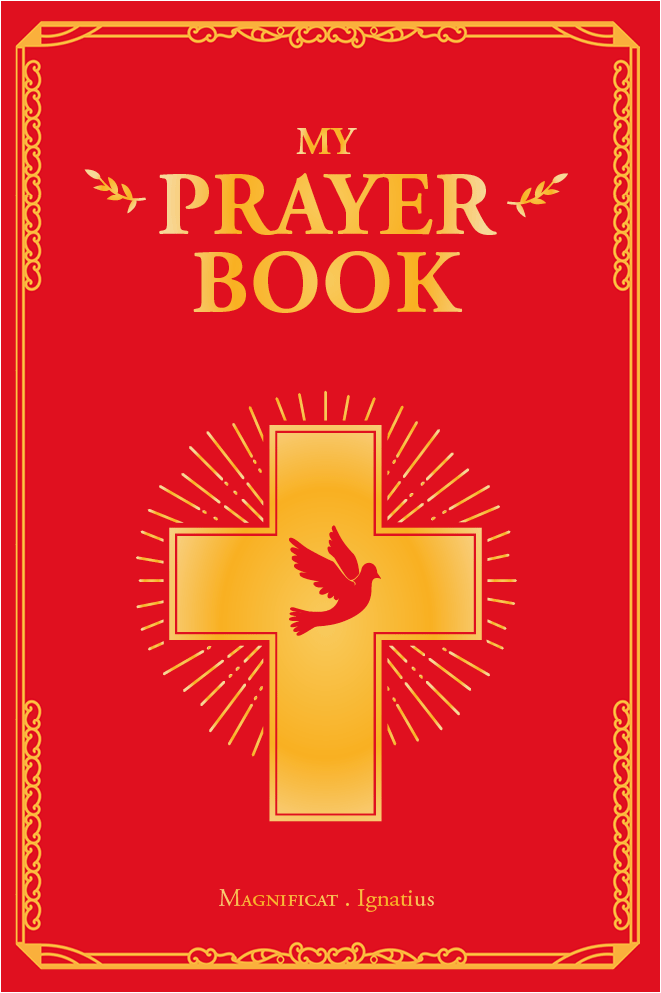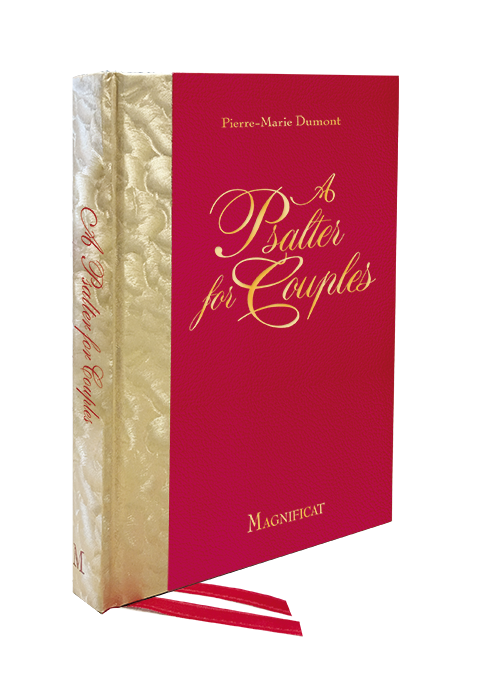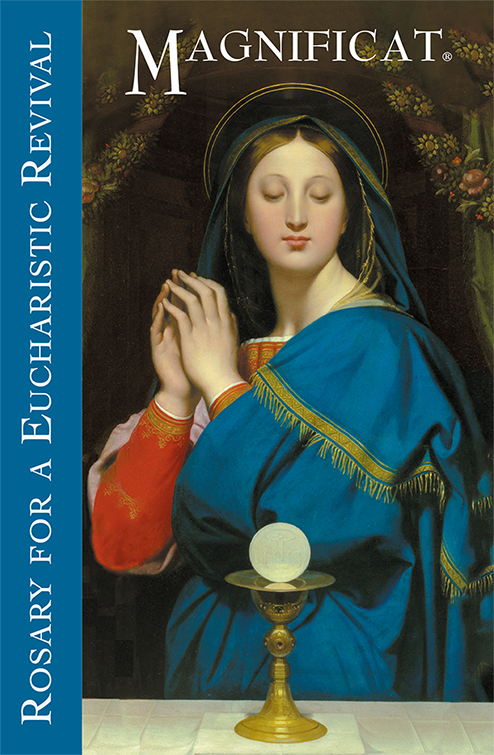It is often said that we can choose our own friends but not our relatives. This is quite true for all of us, but not for God. When God becomes incarnate, he chooses the family and the circumstances of his birth. In a word, he chooses poverty: a conquered, occupied country, a backwater town, humble parents, a manger. For God, nothing is improvised and all the details of the Gospel story are cosmic events that contain an important message for us as individuals and as a community.
Humility and poverty
St. Paul expresses that message so forcefully: “Have this mind in you which was also in Christ Jesus, who though he was by nature God, did not consider being equal to God a thing to be clung to, but emptied himself, taking the form of a slave and being made like unto men, he humbled himself, becoming obedient to death, even to death on a cross” (Phil 2:5-8). Our Lord’s incarnation is described in Philippians in terms of kenosis, self-emptying, taking on the form of a slave, embracing poverty, even death. St. Bonaventure speaks continually of the condescencio of God. Bonaventure sees creation, revelation, grace, and incarnation as God’s humble acts of adapting himself to the increasingly diminishing dimensions of the creature. “The Eternal God bends down in humility when he raises up the clay of our nature into the unity of his Person.” This humilitas Dei is one of the most profound insights that God reveals of himself in the Incarnation and especially in the cross. We can never surpass God’s humbling in Christ, as Bonaventure writes: “Christ, who willed to serve the servants and washed the feet of peasants and fishermen, humbles himself even to the shameful death of thieves and murderers, and was humbled lower than all men.”
It is in this, God’s humility, that we discover the first meaning of Christ’s poverty. Poverty in Christ’s life is an exterior manifestation of an interior humility which he teaches by word and example. When Jesus preaches the Beatitudes, it is poverty that comes first. When Jesus teaches us to pray, he admonishes the pharisee to pray with humility so that our prayer will be heard. If we do not recognize our nothingness before God, if we do not know that all that we are and all that we have and all that we accomplish is a gift, we are deceiving ourselves. Humility is the truth of our poverty and God’s love.
Materialism vs. freedom
When Jesus speaks of the dangers of riches, he says that it is easier for a camel to pass through the eye of a needle than for a rich man to enter the kingdom of heaven. It is one of the hard words of Jesus that makes us uncomfortable. As G.K. Chesterton quipped, ever since Jesus pronounced those words engineers have been trying to build bigger and bigger needles, and scientists have been attempting to breed smaller and smaller camels. Jesus is not saying that material goods are evil. God made everything in creation good and left everything for our use and enjoyment. But material things can distract us from what is truly important, as in the case of the rich young man who receives a special call to discipleship but seems unable to respond because he is so dominated by his possessions. He is unable to follow the homeless Christ who is unlike the foxes who have dens and the birds with their nests. The rich young man who had cultivated so many virtues and showed so much good will is paralyzed by his own materialism. He goes away rich and sad, turning down Jesus’ invitation to be poor and happy.
Jesus sees poverty as a freedom to be able to love, to embrace the cross, to see people as more important than things, to be totally available for the kingdom. “Go sell what you have, give the money to the poor and come follow me” (Mt 19:21). For Jesus, poverty is humility—it is a way to remove barriers and become close to God and to others. It is freedom to turn our back on riches when necessary.
Love leads to poverty
The poverty of the Lord is also an expression of his trust in the loving providence of the Father who clothes the lilies of the field in a raiment more resplendent than that of Solomon. He teaches us to pray for our daily bread and not to worry about tomorrow. The manna is sent not to be stored up but appears each morning to those who trust.
St. Francis’ genius is to see the spiritual message in Christ’s poverty. Francis understood that poverty does not always lead to love, but that love always leads to poverty. Christ became poor because he loves us and wants to save us. Francis was immediately attracted to those instances when Christ’s self-emptying is most evident: the manger, the cross, the Eucharist. Francis the poet personifies poverty as Lady Poverty, the inspiration for his renunciation and loyal service. Francis would certainly have enjoyed O’Henry’s “Gift of the Magi,” the story of a young couple who despite their financial embarrassment are determined to give the best gifts possible to each other. The husband sells his gold pocket watch, a family heirloom, and buys beautiful pearl ornaments for his wife to wear in her hair. Meanwhile, she has gone to a wigmaker and sold her hair to buy a gold chain for her husband’s watch. Poverty does not always lead to love, but love always leads to poverty, to emptying ourselves, making ourselves poor for the sake of the beloved. Christ’s poverty is love’s imperative.
©Magnificat October 2000










